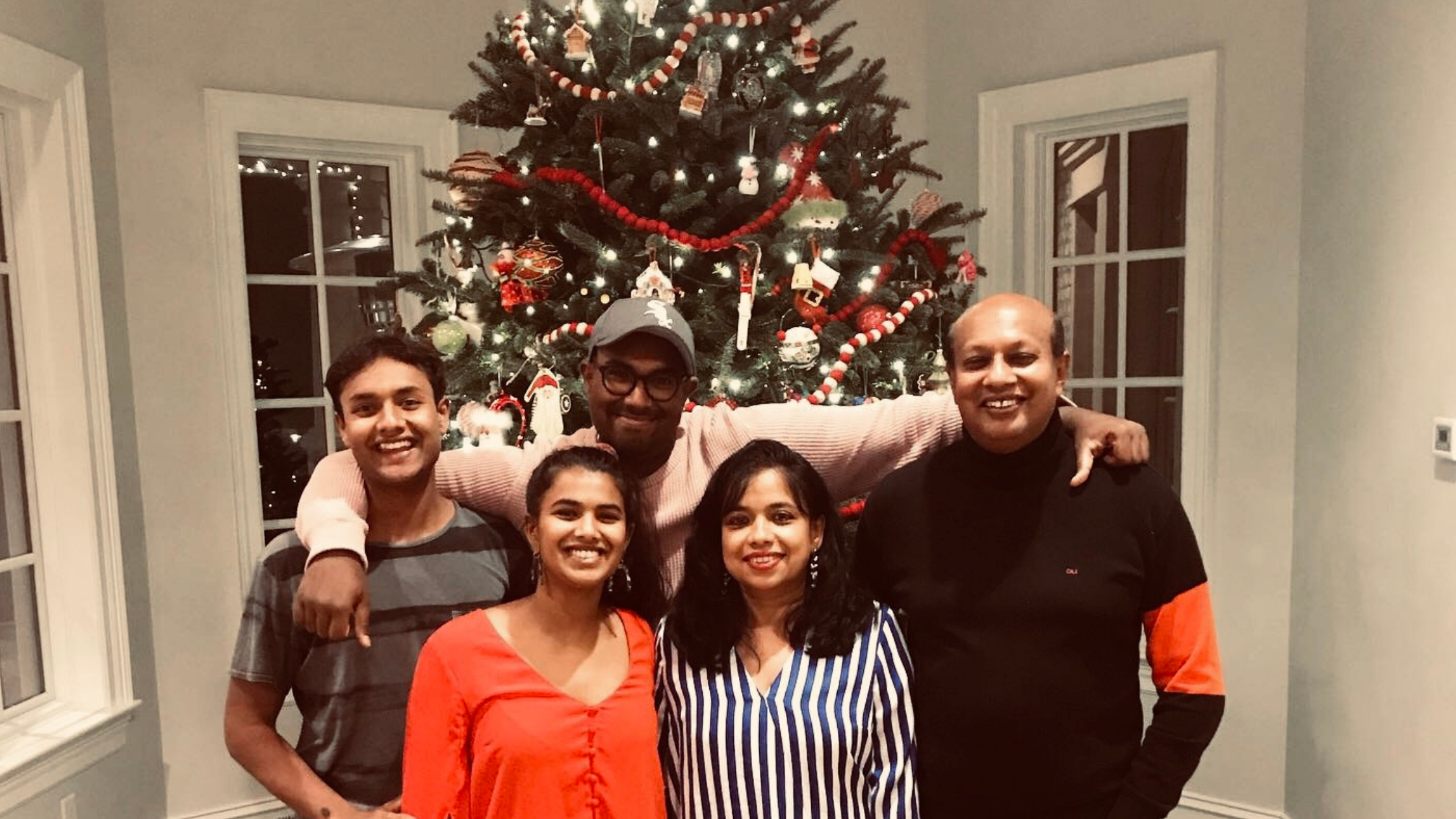An Addendum To The Big Sick
I rewatched the movie The Big Sick this weekend.
I saw it when it first came out, but ever since it did it’s been recommended to me over seven hundred times.
And it makes sense why people would recommend it to me, it’s about a brown (Pakistani) immigrant who doesn’t want to be a lawyer or marry a Pakistani girl like his family wants him to but instead he wants to be a stand-up comedian and marry a white girl.
Seems like a very common dream for most first-generation brown guys…
The movie is based on the real life love story of Kumail Naniani and Emily V Gordon.
There is one point where Kumali has this conversation with his parents which really grates against my sensibilities every time I see it.
It’s a moment where he acknowledges everything that his parents have done for him but he can’t commit to what they are asking of him - to marry a Muslim, Pakistani girl.
It’s a moment where Kumail rejects the community he has been raised in and he chooses the path of following his own individual desires.
I think there are a lot of ways to understand what’s happening in this scene.
The most basic reading of the scene is that it’s a moment where he trusts his judgement and he does what is right for himself. Finally standing up to his parents.
But for others it’s a moment where this child of immigrant parents seemingly chooses a cultural narrative.
He asks his parents - “Why did you bring me here if you didn’t want me to enjoy an American life… You just want me to follow the rules, but the rules don’t make sense to me.”
I understand how he feels. Why did our parents take all the risk, all the effort to bring us here when we’re going to pretend we still live back home in Sri Lanka?
I believe the answer probably lies hidden somewhere in the answer to the question why do we keep making remakes of the same Disney storylines. We trust what we know.
I think that it’d be easy for people to think I find some kind of catharsis in this scene, a moment where he stands up for his own individual wants and desires and rejects the oppressive culture that prevents him from being who he wants to be.
But I really don’t.
In fact, it makes me really mad.
It makes me mad because I think Kumail is wrong. I think that his answer is incredibly unempathetic.
I don’t really know much about what’s happening in Pakistan right now, but I know that it isn’t the safest place in the world.
I think he’s foolish if he thinks the primary reason his family brought him over to America was for an American life, I think they brought him over for a chance at a life period.
Don’t get me wrong. I think that he should also chose who he wants to be with, but the fact that they don’t really show the complexity of what’s happening in the scene feels disingenuous.
I’m not sure if they left that scene in, or wrote it in that way because that was Kumail’s true experience or whether it was because that’s the ideology they want to put forward.
But what makes me mad about the scene is that it makes his cultural background, his parents, the enemy of the entire story.
And I don’t really find that to be fair or true - at least in my experience.
I understand why my parents did the things they did, or at least I can see their perspective.
In most Hollywood movies about immigrants, “Obligation to the cultural community” has always been the evil villain to the hero of “living out your complete individual life”.
This storyline is so boring.
But I get it.
Western audiences don’t want to see a dramatic movie about an immigrant experience that ends with the protagonist living happily ever after because they listened to their parents.
Right now it’s really fun to say the system is always the problem and individuals are the solution. But it’s just not really that true.
Radical individualism rears its ugly head all the time and is the biggest threat to Western ideology today, but we fail to acknowledge how responsibility to the collective is necessary for us to progress as a society.
It’s because the stories aren’t as cool, and Hollywood hasn’t worked out how to sell them.


